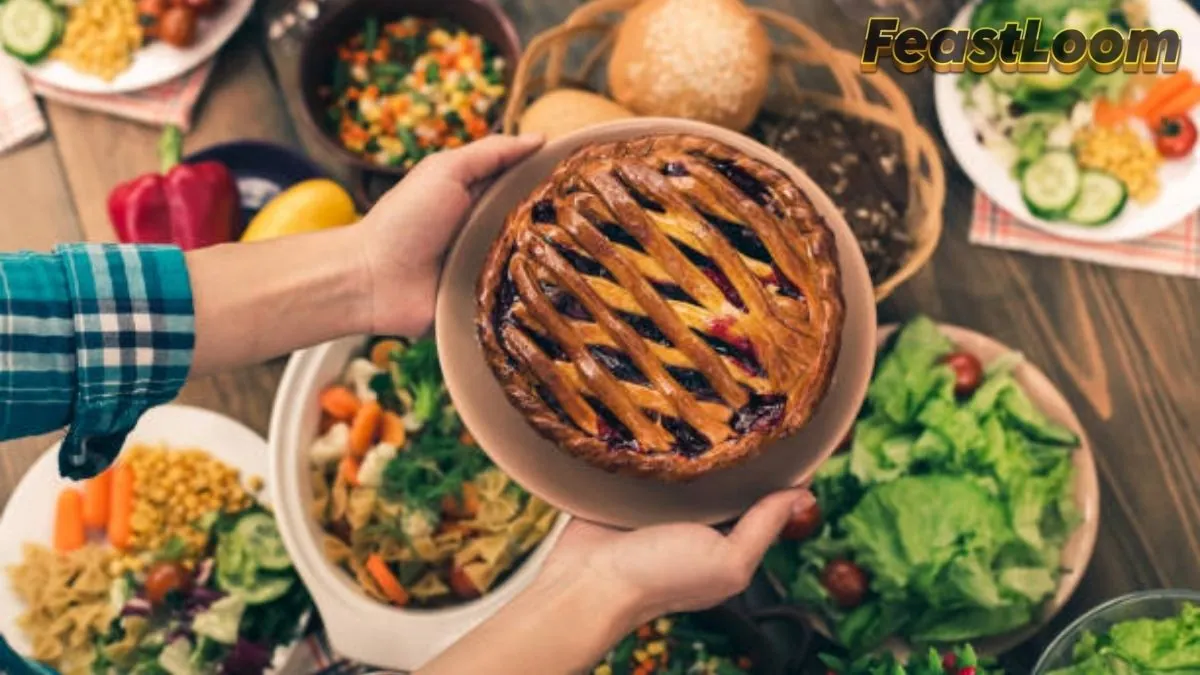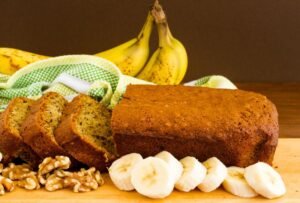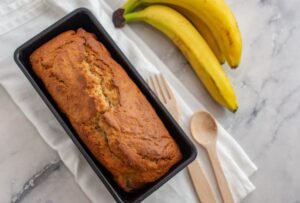Is banana bread a suitable food for elderly people with chewing difficulties?

Is banana bread a suitable food for elderly people with chewing difficulties?
Understanding the Unique Dietary Needs of the Elderly
One of the most critical aspects of ageing is maintaining a healthy diet. As you grow older, your body undergoes several changes that necessitate the adoption of a special diet plan. Notably, many seniors experience difficulties in chewing due to reasons such as tooth loss, mouth sores, gum disease, or even structural changes in the mouth or jaw. This can significantly affect their eating habits and nutritional status. Hence, they require soft foods that are easy to bite and swallow, but are still nutritious.
Banana Bread: A Suitable Choice for Elderly?
In addressing this problem, banana bread has come up as a potentially suitable food that fulfills these requirements. Made from ripe bananas, flour, sugar, and other basic baking ingredients, banana bread is not only soft and moist but also packed full of essential nutrients. However, is banana bread truly a suitable food for elderly individuals with chewing difficulties? Let’s find out.
Nutritional Value of Banana Bread for Seniors
Banana bread offers numerous health benefits that make it recommendable for the elderly. It’s rich in dietary fiber, crucial for digestive health and regular bowel movements a common concern among older adults. Banana bread is also energy-dense, providing the necessary calories seniors need for their daily activities.
Packed with Essential Minerals and Vitamins
Banana bread is high in potassium, a mineral that helps regulate blood pressure and supports heart health. Bananas are also a notable source of vitamin C, aiding in boosting the immune system, and Vitamin B6, vital for brain development and function. Additionally, using whole grain flour can increase the bread’s nutritional content, adding healthful minerals and extra fiber.
Addressing the Difficulty in Chewing
The primary advantage of banana bread for elderly individuals with chewing difficulties is its texture. The bread is soft and moist, making it easier to chew and swallow. This can encourage better food intake among seniors who may otherwise avoid eating due to difficulty in chewing.
Making Banana Bread More Senior-Friendly
While banana bread is inherently senior-friendly, there are modifications that can be made to make it even more suitable for older adults.
Reducing Sugar Content
Since older adults are often advised to limit their sugar intake, using a sugar substitute or reducing the amount of sugar in the recipe can make banana bread a healthier choice.
Incorporating Protein and Fiber-Rich Ingredients
Adding ingredients like Greek yoghurt can increase the protein content of the bread, vital for maintaining muscle mass in older adults. Nuts, seeds, or oats can also be included for an additional fiber boost.
Seeking Medical Advice
It’s always essential to consult a healthcare provider or a dietician before introducing any new food into an elderly individual’s diet. They can provide personalized advice, considering the person’s overall health, potential allergies, and specific nutritional needs.
Conclusion
In conclusion, banana bread can be a suitable food for elderly people with chewing difficulties, given its soft texture and range of essential nutrients it provides. However, alterations can be made to its traditional recipe to align it more with the nutritional needs of older adults in consultation with healthcare professionals. Thus, banana bread is more than just a sweet treat but also a potential meal that can contribute to the nutritional well-being of seniors.

Learn More
Conclusion
Ultimately, banana bread is a suitable food for elderly people with chewing difficulties, provided it is prepared suitably. With its soft texture and high nutritional value, banana bread can be a delicious and nourishing option for anyone who wants to eat a healthy and satisfying snack. The bananas provide an excellent source of important nutrients such as potassium and vitamin C, while the bread supplements fiber and carbohydrates necessary for a balanced diet. Modifications can be made to the recipe to accommodate dietary restrictions, making banana bread versatile and adaptable to individual needs. Therefore, if prepared accordingly, banana bread can be a regular part of an average senior citizen’s diet without any potential harm.
Frequently Asked Questions
Can banana bread be modified for those with dietary restrictions?
Yes, banana bread can be made using alternative ingredients like gluten-free flour and sugar substitutes to accommodate dietary restrictions.
Does the softness of banana bread make it easier for seniors to chew and swallow?
Yes, the soft texture of banana bread can make it easier for those with chewing difficulties to consume.
Is banana bread high in fiber?
Yes, banana bread is a good source of fiber, essential for digestive health.
Are there nutrients in banana bread that are beneficial for seniors?
Yes, banana bread contains potassium and vitamin C from bananas and fiber and carbohydrates from the bread, all essential for a balanced diet.
Can banana bread be a regular snack for the elderly?
Yes, if prepared with modifications as needed, banana bread can be a regular snack for the elderly.
Does banana bread provide adequate energy for the elderly?
Yes, banana bread can provide a good amount of energy for the elderly due to its carbohydrate content.
Is banana bread easy to digest?
Yes, due to its soft texture and high fiber content, banana bread is relatively easy to digest.
Is banana bread a suitable food for elderly people with chewing difficulties?

When you make purchases through the links available on our site, we may receive an affiliate commission at no additional cost to you.



